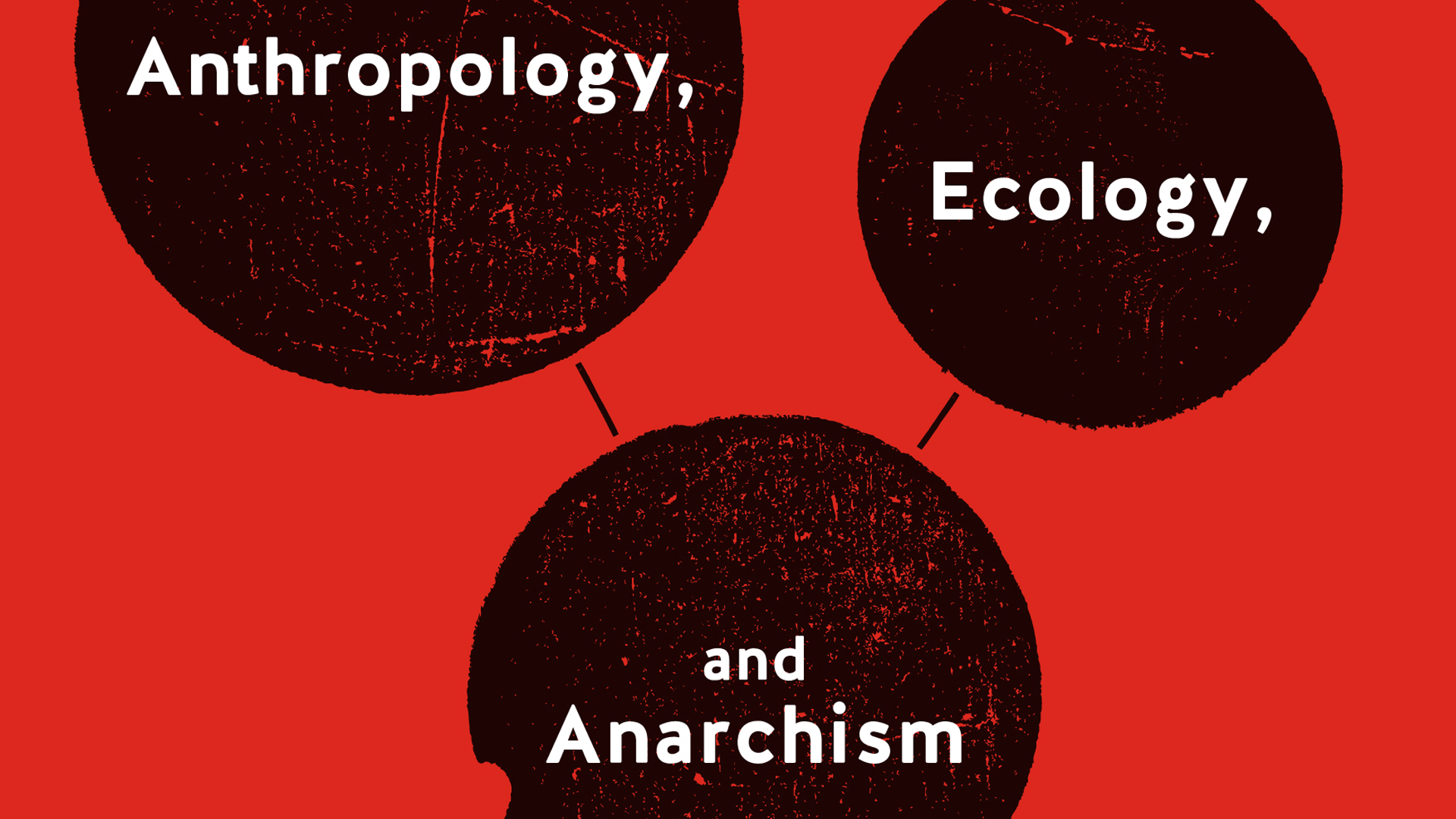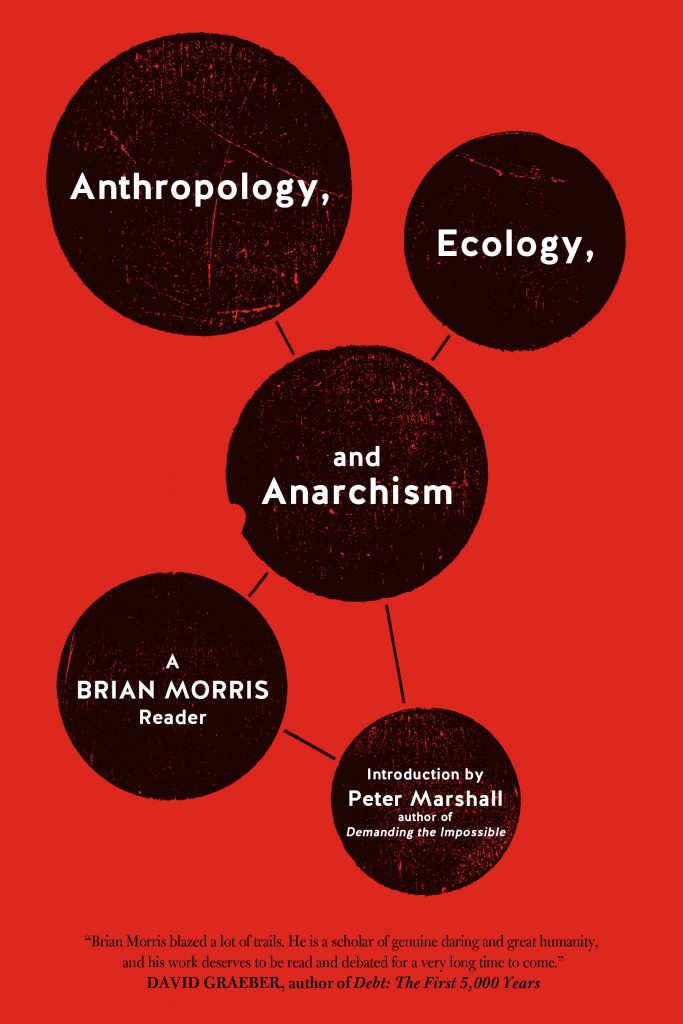By Alan Barnard
Journal of the Royal Anthropological Institute
Volume 23, Issue 3
August 4th, 2017
‘Before there was “anarchist anthropology”, there was Brian Morris’. So says the blurb by the political writer Gabriel Kuhn at the front of this book. Now in his early eighties, Brian Morris remains one of the most exciting writers in our discipline, through decades of writings on a variety of topics. The title is well chosen, for it puts together his early interests in natural history and ecology with later ideas in anthropology and anarchism. I say ‘late’, although these interests date at least from the 1960s and especially the 1970s, when he studied anthropology at the London School of Economics, doing field research with the Malaipantaram of South India.
Boris spent his youth as a tea planter in Malawi and ended up as an authority on hunter-gatherers of South India. There are certainly hints of these interests here, though the emphasis is on anarchist thought. Morris’s form of anarchism is decidedly of a libertarian socialist sort. His various interests in religions and philosophy come through as well, though perhaps less so his other interests in insects, fungi, and the like. Whatever he is, Morris is a polymath. Yet here his ideas on the form of anarchism he espouses, and indeed on other forms of anarchism, are given enough prominence to merit the description of this as mainly a book about the political philosophy.
In essence, this volume is a series of fifteen essays written between 1985 and 2013, and mainly since the year 2000. They are placed in chronological order and reflect less a change in viewpoint and more, in spite of Morris’s eclectic interests, a coherent framework of first-rate anthropological thinking. Apart from the first essay, which to me seems weaker than the others, and perhaps the second, dated 1997, which begins with the now passe statement that ‘[p]ostmodernism is now all the rage in anthropology’, they get better and better. Let me concentrate on just two of the essays in this volume.
One I particularly like is on the forgotten anarchs-syndicalist Rudolf Rocker (1873-1958). I had not known much about him before, but Rocker was extraordinary in the anarchist tradition. He was branded an ‘old’ anarchist of the libertarian socialist tradition by some of the ‘new’ anarchists of the anti-globalization movement. Yet Rocker was in fact rather more than his trendy critics give him credit for. He did not believe that anarchism is a final goal, because he rejected the idea of any final goal. Like Peter Kropotkin, he found anarchist thought in existence throughout history, and he believed in a socialism based on voluntary principles. Thus he rejected the Marxists tradition. Rocker also held that there was na inverse relations between culture and power and that the ‘nation’ was less an imagined community and more of an artifact related to the existence of the modern state. Morris does a wonderful job both of giving us a good snippet of Rocker’s biography and of offering a sympathetic critique of Rocker’s political philosophy.
Another essay I like is ‘Kropotkin and the poststructuralist critique of anarchism’, one of two about Peter Kropotkin. This is less biographical than the Rocker essay, and concentrates instead on bringing out Morris’s own anarchist critique of the poststructuralist critique. Kropotkin, born a Russia prince and eventually becoming a geographer, is well known to anthropologists, thanks to his 1902 book Mutual aid. Morris emphasizes Kropotkin’s evolutionism, his ecological worldview, and his place among followers of Enlightenment thinking. Being a child of the Enlightenment is, of course, anathema to poststructuralists. Morris’s treatment is full of bibliographical material as well as insightful analysis.
The introduction by philosopher and historian Peter Marshall describes Morris’s background and comments on his essays. While not really essential for those who already know Morris’s extensive work, Marshall’s introduction will no doubt be useful to those who do not. In this review I have only had space to scratch the surface, but Anthropology, ecology, and anarchism is a splendid volume that easily can be recommended to anthropologists and to students. Morris is always provocative, giving us plenty to think about and to debate. I am not an anarchist myself, but if I were going to be one, then I would like to be one like Brian Morris. His writing style is full of insight and it makes for pleasant and easy reading.







